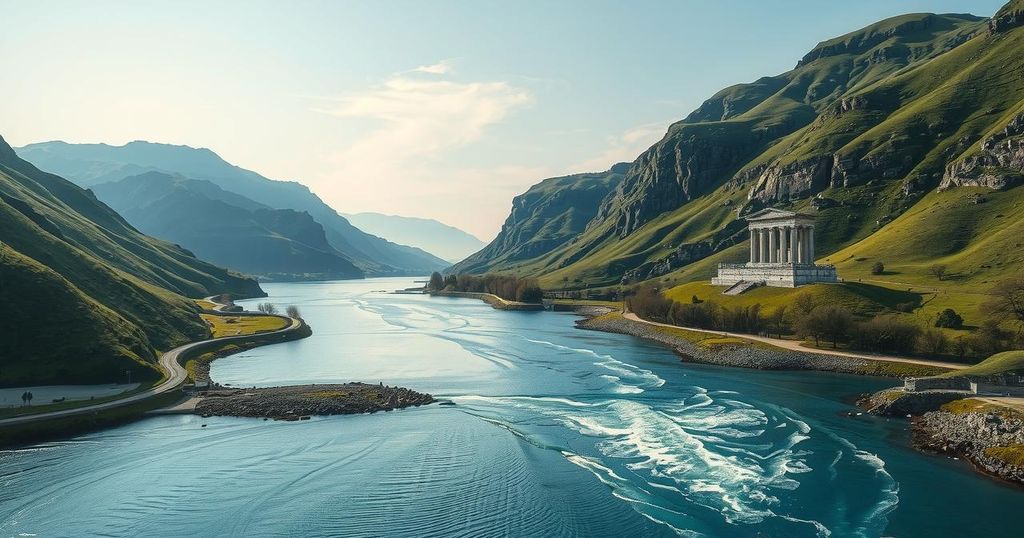Foreign Minister Thérèse Kayikwamba Wagner of the Democratic Republic of Congo accused Rwanda of illegally occupying the country and attempting regime change, a claim refuted by Rwandan officials. The Southern African Development Community is convening to address this conflict, which has claimed the lives of peacekeepers. Wagner called for sanctions against Rwanda and highlighted its inconsistent role as a peacekeeper while engaging in aggression against the DRC.
The Democratic Republic of Congo (DRC) has accused Rwanda of illegal occupation and efforts to instigate regime change, as articulated by Foreign Minister Thérèse Kayikwamba Wagner in an interview with the BBC. These remarks follow the recent seizure of Goma by Rwanda-backed M23 rebels, alongside allegations that Rwanda’s President Paul Kagame has evaded accountability for international law violations for an extended period. Meanwhile, Rwanda’s government spokeswoman, Yolande Makolo, firmly rejected these claims, stating that their military presence aims to prevent the conflict from encroaching upon Rwanda’s borders, asserting, “We are not interested in war, we are not interested in annexation, we are not interested in regime change.”
In light of the prevailing tumult, the Southern African Development Community (SADC) is convening a special meeting in Zimbabwe to assess the situation. SADC has deployed peacekeeping troops, primarily from South Africa, to restore order in the mineral-rich eastern DRC, where violence has resulted in the deaths of sixteen soldiers over the past week. President Kagame has criticized the SADC’s military presence, asserting they do not serve a peacekeeping role in the ongoing conflict.
Ms. Wagner urged for the suspension of international aid to Rwanda and advocated for sanctions aimed at officials responsible for the ongoing violence. She emphasized that it was vital to address Rwanda’s contradictory role as a supposed peacemaker in international missions while simultaneously engaging in hostilities within the Great Lakes region.
This crisis highlights significant geopolitical tensions in the region, underscoring the need for effective diplomatic engagement to mitigate conflict and uphold international law. The implications of Rwanda’s military activities and the response of regional organizations like SADC call for thorough scrutiny as the situation evolves.
The Democratic Republic of Congo has a long history of conflict, particularly in its eastern regions which are rich in minerals. Rwanda’s involvement in DRC affairs has often been viewed with suspicion, particularly regarding allegations of support for rebel groups like M23. This situation is exacerbated by the complex interplay of regional politics and historical grievances following wars in the late 1990s and early 2000s. The recent occupation of Goma and the armed conflict have reignited international interest and concern, prompting discussions among regional powers and international organizations regarding intervention and resolution efforts.
The allegations of Rwanda’s illegal occupation of DRC and the military actions by M23 rebels have underscored a critical crisis in the Great Lakes region. As diplomatic discussions among regional actors unfold, the response of the international community, particularly through aid and sanctions, will be crucial in addressing the ongoing conflict and ensuring accountability for acts of war. Continued dialogue and peacekeeping efforts will be essential to restore stability in the DRC and inhibit further escalation of violence.
Original Source: www.bbc.com




